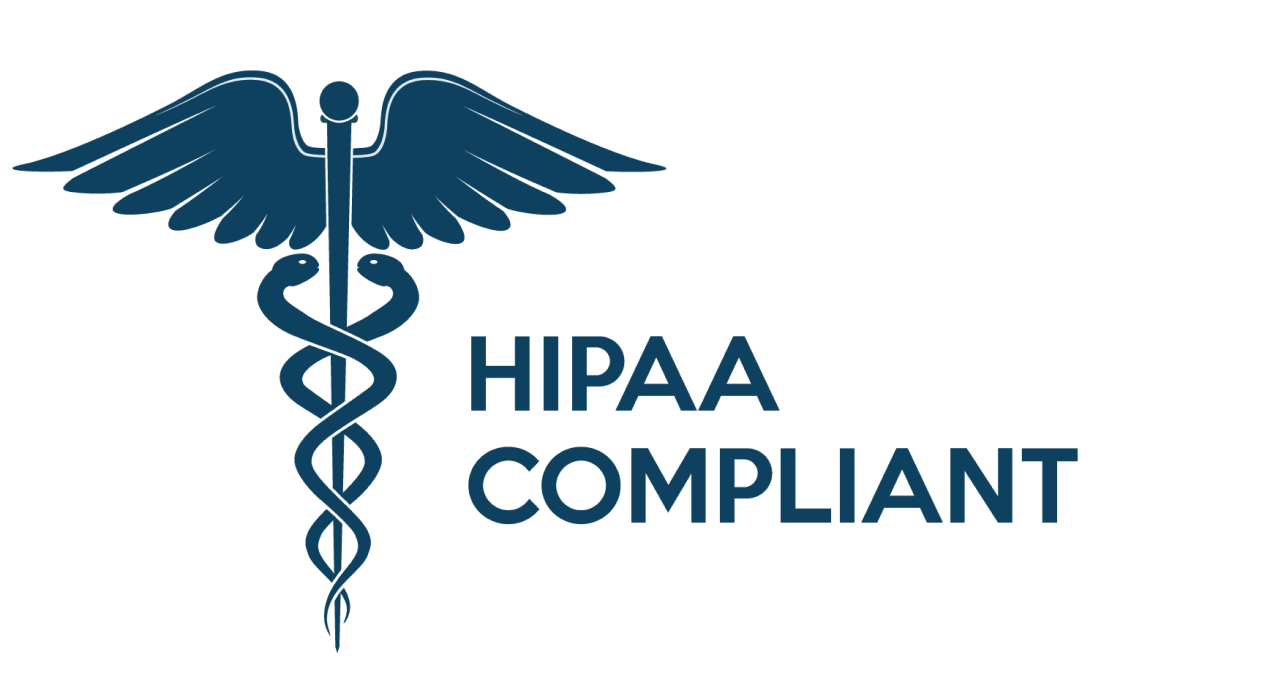Traveling Smarter: How Insurers Can Use AI-powered Health Checks to Improve Travel Insurance
It’s no secret that travel can put a strain on health and wellness. Whether due to the stress associated with planning, preparation and unpredictable circumstances, the difficulty of maintaining diet and exercise regimens, or the exposure to viruses and diseases in foreign environments, travel can be a great challenge to wellbeing.
Traveling with a chronic disease
Traveling with a chronic disease like cardiovascular disease or high blood pressure can be especially concerning. For people with heart disease, “air flight can lead to problems due to the confined space, low oxygen concentration, dehydration, air pressure, [and] high altitude.” Moreover, the departure from daily routines can make it difficult to adhere to medication regimens, and new or stressful situations can often trigger health issues like high blood pressure or heart rate.
Furthermore, since seeking medical assistance in a foreign country or environment can be an overwhelming task, many travelers put off seeing the doctor until their situation is far worse. Travelers may not know whom to call in order to find a doctor, and once they do, they might struggle to find a doctor who speaks their language and with whom they feel comfortable. This is particularly true for those traveling in countries where healthcare systems are less advanced.
Navigating mental wellness overseas
Travel can also trigger high stress levels and exacerbate symptoms in people with existing mental health conditions. While travel can provide many positive benefits to mental health, being away from family and social support, having to deal with foreign languages and cultures, adjusting to jet lag, and having to deal with unfamiliar threats to health and safety can be stressful and taxing on mental health.
From reactive to proactive travel insurance: helping travelers stay healthy
While insurers can’t shield their clients from the stresses and health risks of travel, they can take a more proactive approach and help travelers monitor and improve their health and wellbeing and prevent situations from escalating.
- Enable daily mental stress and wellness scans from smartphones– one way to prevent health issues abroad is to enable clients to take 60-second wellness checks by simply looking at their smartphone camera. The AI-powered wellness check can enable clients to measure indicators like blood pressure, heart rate and oxygen saturation in order to see how they are fairing, and can even enable them to measure their stress levels and recovery ability. This way, if their recovery ability is low, they can opt for a slower and more relaxing day and allow themselves time to recover. Stress and recovery measurements can also help travelers keep track of their mental health, enable them to track when they are triggered, and help them understand which relaxation methods might be appropriate.
Clients can also receive a wellness score to get an overall glimpse of their wellness levels. By enabling clients to plan their days in sync with their stress and wellness levels, insurers can also help them return to their homes feeling less tired and more relaxed.
- Simplify overseas chronic disease management– travelers with high blood pressure or heart disease can often encounter stressors and triggers while traveling. In these instances, it is important for them to have the proper equipment on hand in order to assess their situation. However, packing a bulky blood pressure cuff is inconvenient, and even when travelers do pack them, they might not have them on-hand when they are out and the need for one arises.
By making blood pressure and heart rate measurement available through a simple 60-second scan using a smartphone camera, insurers can make it easy for travelers to keep track of their blood pressure and heart rate measurements no matter where they are, without the need for internet connection. Easier and quicker access to health data can enable clients to take the appropriate actions necessary, whether that’s taking medication, going home to rest, or contacting a physician.
- Incentivize medication adherence- remembering to take medications, especially for patients with multimorbidity who require more than one kind of medication, can be difficult while traveling. The adjustment to a new trip or vacation schedule can often cause people to forget to take their medications.
To help clients adhere to medication regimens, insurers can send reminders and incentivize health scans with a short question at the end asking patients if they remembered to take their medications. In doing so, patients can be reminded to take their medications and simultaneously monitor their health status. Daily scans can also allow insurers to spot developing health issues, notify clients in real-time and even enable them to schedule a remote session with a physician.
- Advance telemedicine– to help minimize the challenge of finding a doctor overseas, insurers can facilitate telehealth sessions and enable clients to share real-time health data from virtual health scans with remote physicians. These sessions can be used to help travelers with less serious concerns or to triage patients and help those who need to see a specialist understand what steps to take next. Telemedicine services can be of great comfort and security to travelers who are overwhelmed by the need to seek medical assistance in a foreign country.
- Offer as a perk to travelers– regardless of health status, more and more travelers are looking to be in control of their wellness. The Covid-19 pandemic has made people particularly aware of the importance of maintaining good health and of the health risks of traveling. Today, more people are prioritizing their health, opting for healthier foods, wellness-related activities, and health and fitness trackers that enable them to monitor their health status.
To help clients track their health while abroad, insurers can enable travelers to skip the extra equipment and take daily health and wellness checks using their smartphone cameras. Insurers can also partner with local health-food stores, restaurants, and fitness centers to offer discounts and wellness perks for travelers.
Whether traveling for business or pleasure, travel can expose people to a range of health risks. While travel insurance helps to provide a sense of comfort and security and helps clients access the services they need in such situations, it is mainly geared to helping clients react to them. Providing proactive and preventive health checks and travel insurance services can help insurers minimize risks and reduce fraud while helping clients maintain and even improve their health and wellness while abroad.
To learn more about how binah.ai’s ai-powered health checks can be used to improve travel insurance, watch our webinar or schedule a live demo here.

 close
close





